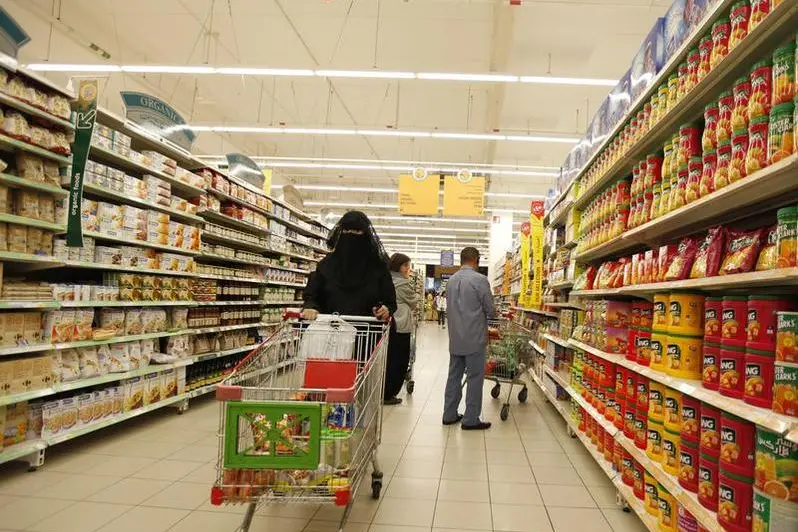PHOTO
Saturday, Mar 12, 2016
Dubai: While the fall in global oil prices has slowed down economies of countries around the world and indirectly exerted a positive impact on keeping prices of essential commodities stable in the UAE, Cedwyn Fernandes, economist and director of the Middlesex University, Dubai, advises residents to exercise caution and brace themselves for challenges.
“The Consumer Price Index (CPI) in Dubai for January 2016 has declined by 0.33 per cent as compared to December 2015. The contribution to this decline was mainly in food and beverages — 1.93 per cent and transport 2.33 per cent. This is a reflection of the international prices rather than a reflection on the state of the UAE economy.
“The FAO Food Price index has fallen 14.5 per cent and oil prices 38.3 per cent when compared to February 2014,” he said.
Fernandes elaborates on how these changes have set off a domino effect. “The fall in the oil prices has a dual impact on the economies of oil producers. As a country that imports most of its consumer goods, the UAE benefits with the fall in oil prices as cost of production and transportation declines. As a producer of oil, the impact of falling oil prices on the economy is negative. Oil is around 30 per cent of the GDP and hydrocarbon revenues contribute more than 80 per cent of the government revenues. The impact on the UAE economy of the fall in the price of oil will be seen in the form of new sources of revenue generation as seen with the introduction of Value Added Tax (VAT). In the short run, it is not expected that there will be a cut in government expenditure as these are fixed expenditures.”
Fernandes added that the oil prices were below the optimum for oil-producing countries. “The price should be at a level where reasonable revenues are gained by the producers which will fuel economic growth. The oil price level should not be very high as it will raise cost of production and reduce demand impacting on production of goods and services worldwide.”
However, he assured that VAT was not going to impact prices of commodities. “VAT at five per cent will not have much of an impact on the prices of essential commodities as it is only confined to non-essential commodities. Most of the essential commodities are exempted from VAT and also there is a fall in these prices worldwide. One way forward is for sellers to offset any reduction in demand due to VAT by reducing their margins.”
Reflecting on the rapidly changing global economic scenario, Fernandes’ advice to residents is to be level-headed and not have a panic response.
“The year ahead is going to be a tough one for all economies. Lessons have been learnt from the 2007-2010 economic downturn and governments and corporations are well prepared. My view is that given the past experience where corporations were late to react to economic changes, this time around, they are overreacting and this is fuelling the downturn.
“Abu Dhabi and Dubai have infrastructure projects to the extent of Dh200 billion in the pipeline. Major infrastructure projects in Dubai need to start this year to be ready for Expo 2020. The Government of Dubai has launched many new initiatives like the Wholesale City, Dubai Creek extension and Dubai Parks to open in October 2016 — all these will change the face of tourism. My advise to consumers is to cut expenditure on big-ticket items and adopt a wait-and-watch attitude on how economic changes could impact their lifestyle.”
By Suchitra Bajpai Chaudhary Senior Reporter
Gulf News 2016. All rights reserved.





















